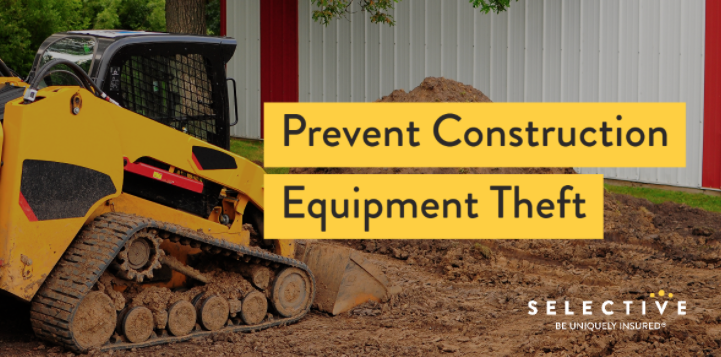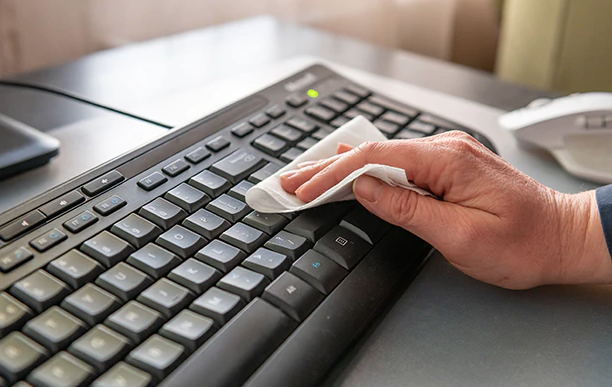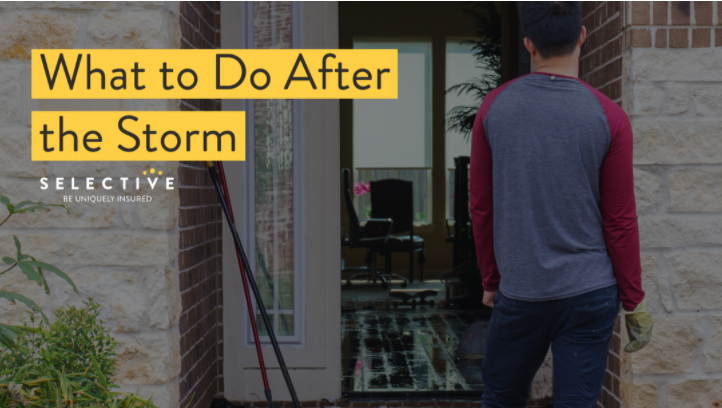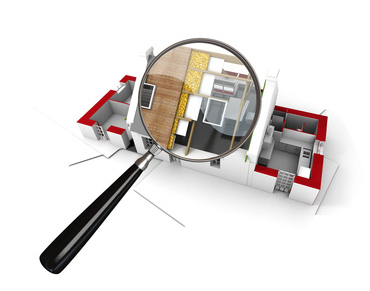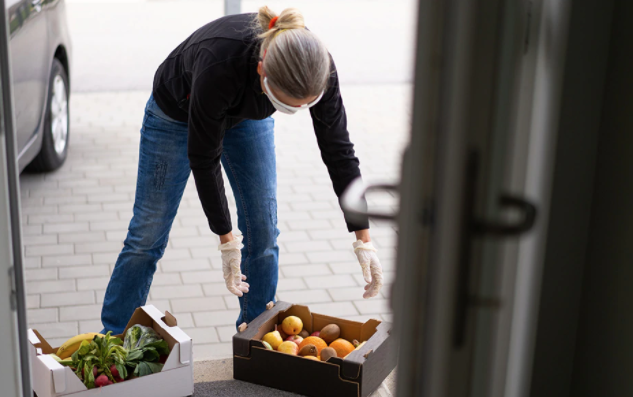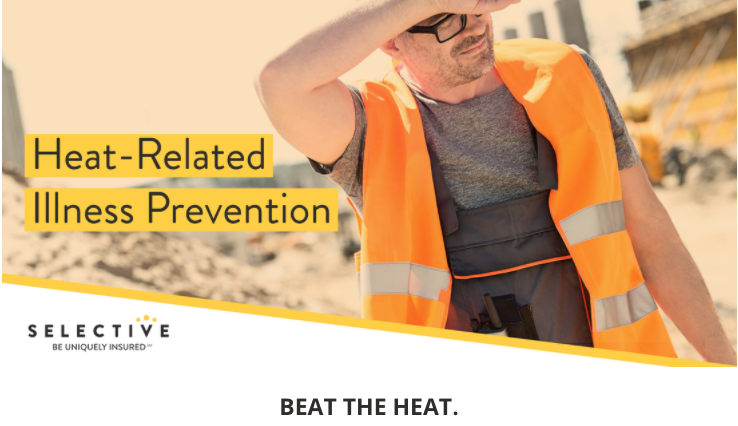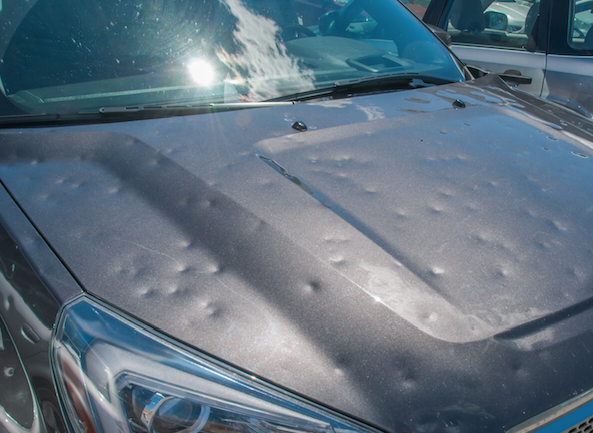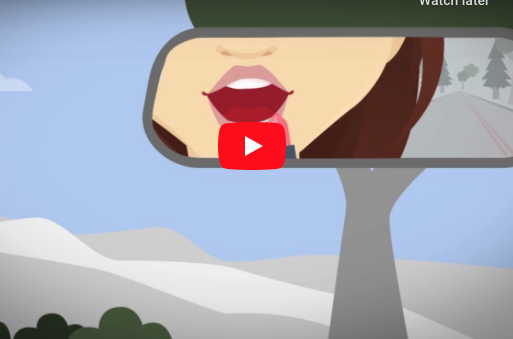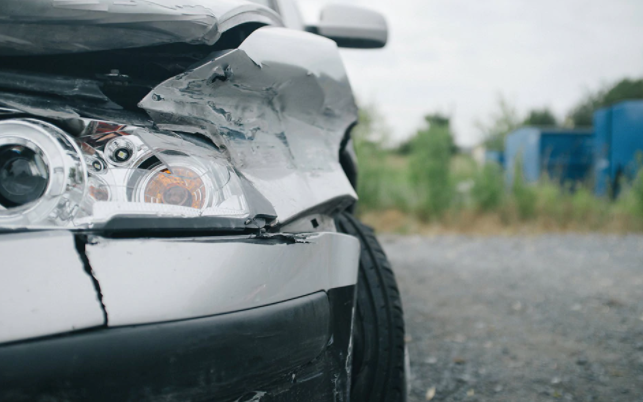How to Keep Rodents from Entering Your Home
With more than 1500 species of rodents cataloged, rodents comprise more than two-thirds of all the mammals on earth. The vast majority of rodents, though, do not hibernate.
Mice, rats and tree squirrels are three common pests that do not hibernate. These rodents nest and gnaw and will dig their way into almost any soft material, like insulation or upholstery, which will supply a warm comfortable environment for their young. This can be destructive to your house and belongings.
If not prevented, these animals can cause damage to your home. This means that rodents, once inside your home, could attack your joist, beams, pipes and wiring in order to stay alive. This can, over time, cause severe structural damage. Rodents gnawing on pipes and wiring can also lead to flooding and fires.
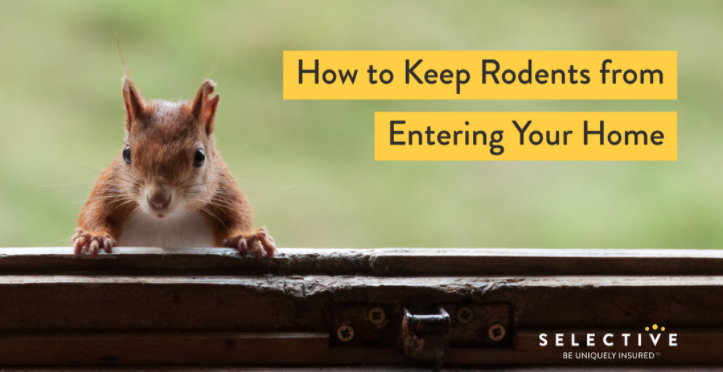
How to prevent damage
There are only two ways of preventing or minimizing the damage that rodents can cause to your home. The first way is to prevent gaining entry. The second is to eliminate rodents if they have already found their way inside. Read more










